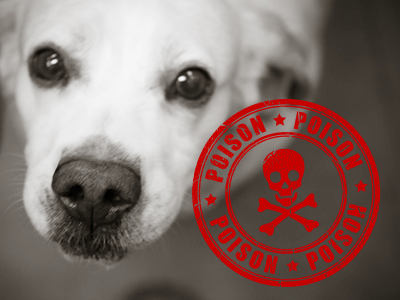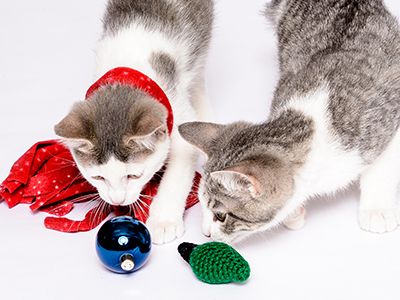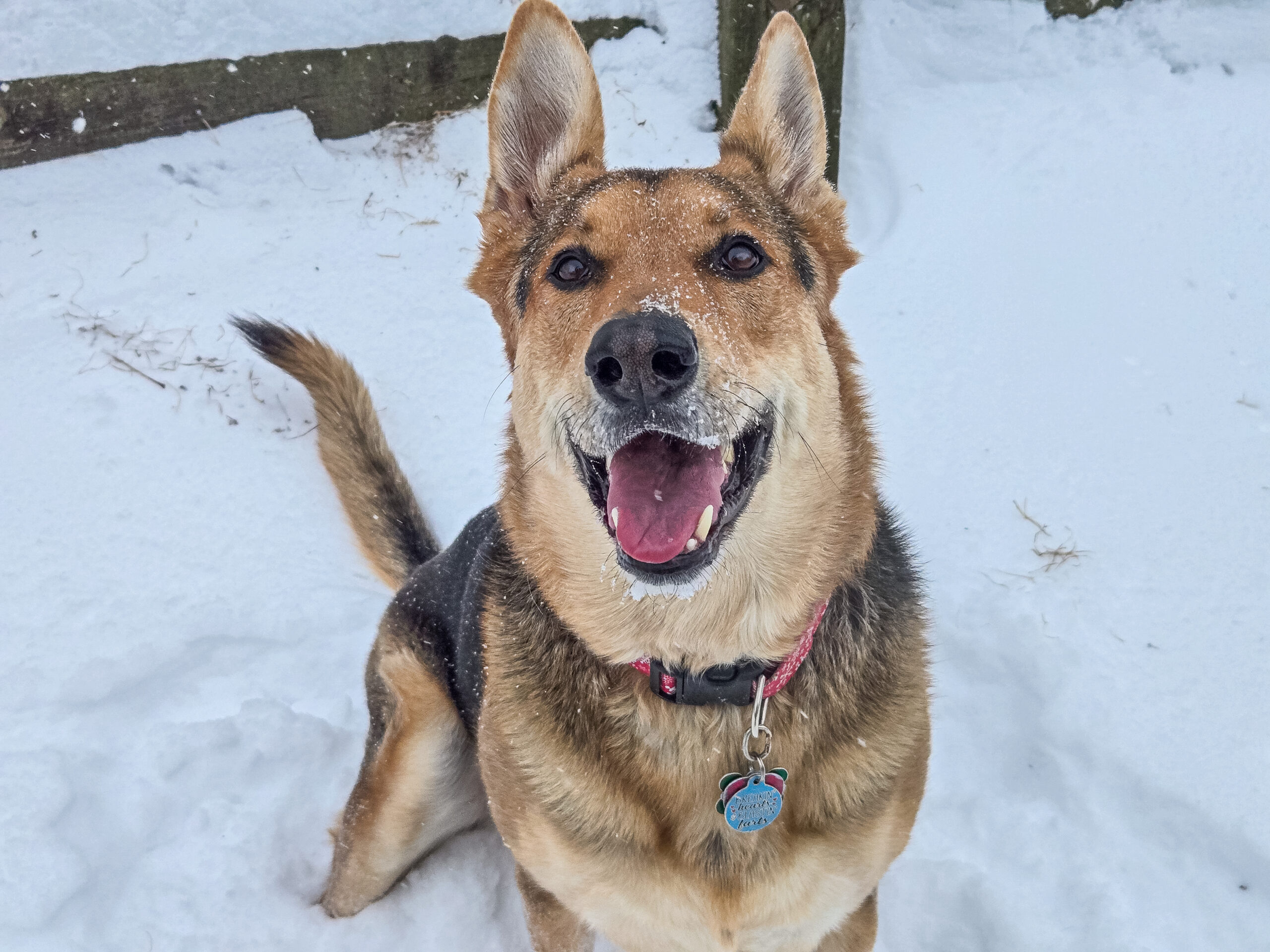
Pet toxins loom around every corner in your home — from the bathroom, to the kitchen, to the front porch. Do you know what substances are poisonous to your pet? Do you know what signs to look for if your pet ingests one of these substances? Do you know what to do if your pet gets into a toxin?
In honor of Poison Prevention week, the ARL has made a list of pet toxins, signs of poisoning, and what to do if your pet accidentally ingests a toxic substance.
Poisonous Substances For Cats
- Lillies
- Garlic
- Onion
- Household cleaners
- Human medications (e.g. anti-inflammatories & antidepressants)
- Rodenticides
Poisonous Substances For Dogs
- Chocolate (all kinds)
- Caffeine
- Xylitol (a sugar substitute found in some candies, gums, and peanut butters)
- Macadamia nuts
- Human medications (e.g. anti-inflammatories & antidepressants)
- Rodenticides
Signs Of Poisoning
- Gastrointestinal upset (diarrhea, vomiting, loss of appetite)
- Coughing up/vomiting blood
- Drooling
- Excessive thirst/urination
- Pale gums
- Lethargy
- Tarry stool
- Collapse
What To Do/Not Do If You Suspect/Know Your Pet Has Ingested A Toxin
- Call your veterinarian or the Pet Poison Helpline (855-764-7661) immediately. When possible, know the exact time your pet ingested the substance and what exactly the substance is (the packaging the substance came in is extremely helpful in these cases).
- Do NOT administer hydrogen peroxide to your pet to induce vomiting unless told to do so by a veterinary professional. There are circumstances where inducing vomiting isn’t helpful.
- Do NOT use any home remedies you find on the Internet without consulting with a veterinary professional first. Many of these remedies are false and could actually cause more harm.
Please note that these lists are only partial and do not contain every toxin nor every sign of poisoning. If you’re unsure if what your pet got into is poisonous or not, always call your veterinarian or the Pet Poison Helpline to be safe.




